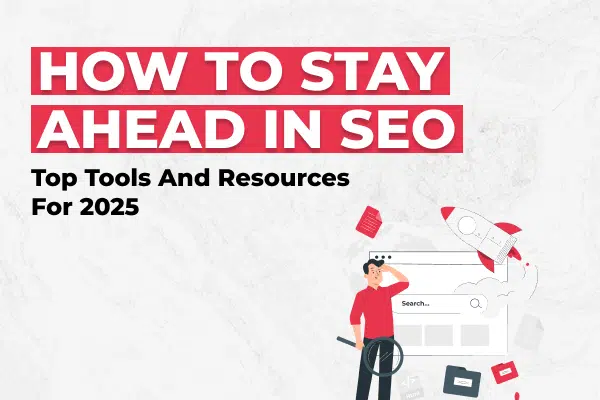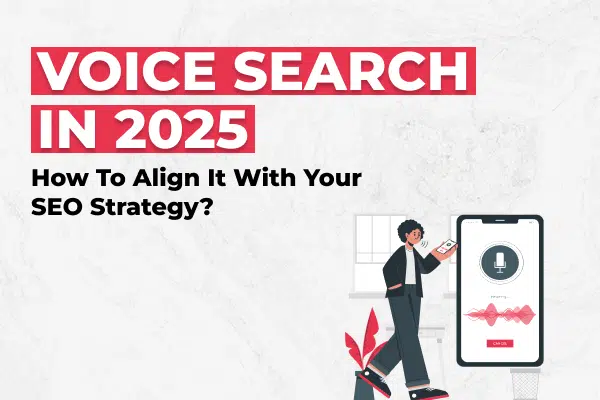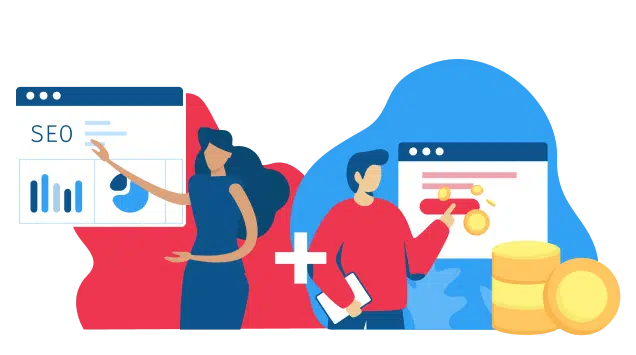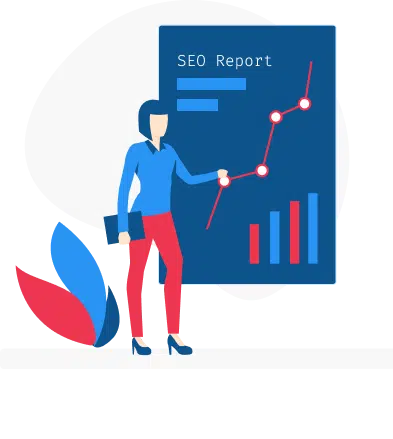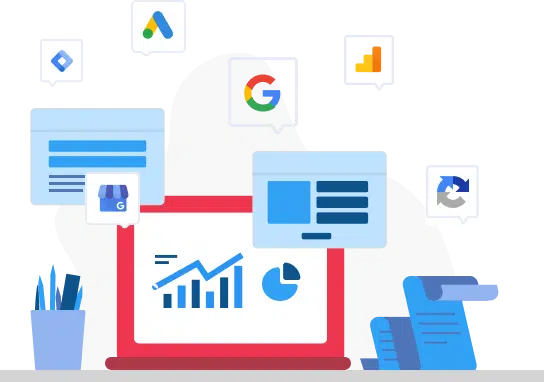There is a notion among clients that SEO and PPC work together, but they are different in strategies and methods to work as companies and brands have their objectives related to traffic, sales and targets. But how to work both SEO and PPC is an excellent challenge for agencies. Digital marketing scholars say that there are specific tactics that help agencies and clients how you can combine SEO and PPC to work together. Let’s find out how we can create as one channel and work to get better results.
Avoid Keywords overlaps
Learning about the specific departments, how they are doing and which keywords they are targeting can help avoid excessive budget, time and keyword overlap. When SEO and PPC target the exact keywords, they are approached to repair the damage retroactively.
For SEO departments, when keywords overlap with PPC, search campaigns might get less traffic. So, what are the ways that you need to take steps to avoid overlaps? You can resolve it by combining SEO and PPC to overcome this.
How Do You Combine SEO, PPC Goals And Keyword Strategies?
It would help if you looked at the sales and conversation as a team target. Before developing your next digital marketing strategy, you must start building a communication plan. It would help if you focused on leveraging some of the key elements from one another.
What Are Common SEO & PPC Problems To Resolve?
First, you must ask yourself if companies are paying for PPC traffic secured through Search Engine Optimization.
Do we multiply the effect of increasing traffic by doubling up PPC and SEO sales results in tandem?
Did I get the exact conversions if I have not converted searches on both channels?
Is my conversion rate for the same query high on Search Engine Optimization or Pay Pay Click?
Once every team member of SEO and PPC gives answers, it would be easy to develop an apt roadmap of keywords for both teams.
Look at How to avoid keyword overlap in SEO and PPC
It is easy to understand by examples, so let’s find real marketing issues we resolved. A grocery retail shop had a common problem of a high dependency on branded and non-branded terms in paid promotions.
The client wanted to leverage SEO efforts to reduce more exposure on paid social media networking sites.
The hypothesis was that when you target Pay Per Click terms, you could get organic
visibility and stop bidding on them and consequently stop cannibalizing SEO on paid
Search.
In our case, we must mention the significant dependency on branded terms. As you might have experienced, pouring money on PPC keywords for which you got an excellent organic ranking and made enough sales to get coverage on a more crowded SERP.
The SEO Strategy
We try to define particular terms and go forward to broader terms, so grouping many
keywords in buckets.
For example Wooden toy music instrument: Global search Volume 11.4k
The PPC Strategy
Example: Wooden toy music instrument: Global search volume 53.5k
The Result
You can see that one would be specific (PPC) over time, whilst the other is particular from day one but relies on gaining good visibility to harness the impact.
The next thing to unfold is what happens when you get good visibility.
Find where and how cannibalization takes place.
Once you follow this approach, you and your PPC team must actively share data.
When you are not being active with your PPC team, you cannot even be aware of
cannibalization problems. In this scenario, cannibalization is related to SEO and PPC targeting the exact keywords and competing for traffic rather than being leveraged together. When it takes place, search results may include your competing landing pages, which leads to lower conversions or dispersed traffic.
Where Can Cannibalization Often Take place?
PPC teams may bid on terms without going deeper into SEO, or SEO experts might follow this structure for a longer time simply than focus on output.
The main goal is to benefit from cross-channel keyword overlap; we started understanding paid keywords to cross-reference with the SEO report.
How We Ceased SEO & PPC Keyword Cannibalization
First, we gather a list of PPC terms that could generate clicks and no conversions over 90 days. This approach will help you group them by search queries.
Note that the time frame might differ from business to business because of a load of data and time in the given schedule. You must check with time ranges to look at how many terms meet the criteria. You don’t require a swamp in a row of data, rather have actionable and result-based options.
Screen search terms that position in the top 3
You can choose the groups, and the links that come into your filtering option are automatically added and updated too.
Filter keywords with Ads
We should continue filtering the SEO monitor’s rank tracker to leave keywords that show ads. This process is unnecessary as we chose the terms from PPC campaigns.
However, it is an excellent option to find out if you should do it the other way around. Over time, you would get seasonality, SERP features, and more visibility details.
These are incredibly useful as whatever terms you want to test might have no impact if, seasonally telling, they are not related.
Check Your New Keywords
Define the landing page for which a particular query ranks. The landing page can help find how much traffic is getting to it organically if it is increasing or not. We can analyze conversions that might have been generated from the landing page. Note that we make concessions, as landing pages might serve the research phase purely, so transformations might not affect the overall result. Now, you can start testing.
Digital marketing companies might be tempted to stop campaigns to know the result of organic traffic. But, it is not advised as it might affect your top line. How you go about it might help mitigate any risk related to revenue loss.
Start individual keyword testing
Add keywords as negative keywords to match the basis of your marketing campaign.
Keep it continuing for at least 14 days; subject to the volume of data mentioned, this might need longer.
We already have organic traffic to the ranking URL, and we also have a snapshot of the before and after effects of negatively excluding keywords from campaigns of the PPC.
You need to follow the timeframe checked versus the previous period
Traffic generated from PPC to the landing page in question.
And traffic generated from SEO to relevant landing pages.
Compare revenue from both channels.




